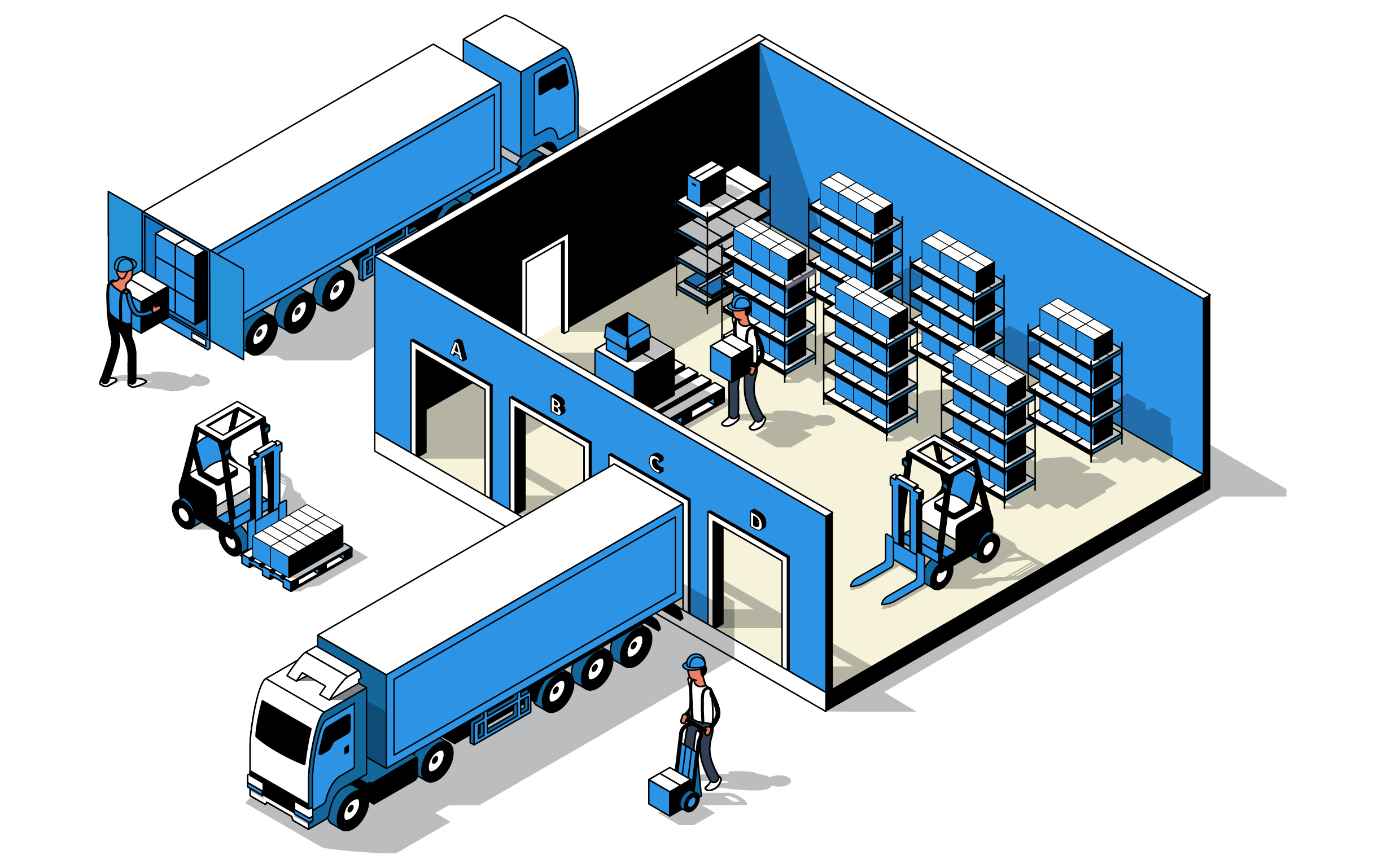The logistics industry is the backbone of world trade in the fast-paced environment of today, simplifying the delivery of goods from busy centres like Manila to Visayas. It is impossible to overestimate how much technology helps to improve logistic business efficiency. It makes difficult procedures into smooth activities so that companies may provide services with hitherto unheard-of accuracy, speed, and dependability. Maintaining competitiveness and responsiveness in the ever-changing terrain of the market depends on adopting modern technology solutions.
Real-time tracking
Real-time cargo tracking made possible by technology is among the most important changes it brings about in logistics. From departure to arrival, advanced GPS and RFID technology let businesses track their goods all through the process. This improves security as well as gives consumers current order data. Real-time tracking helps companies foresee delays and manage problems early on, therefore guaranteeing a better logistical flow.
Furthermore, transforming warehouse operations with automation is automated warehouse housing technology. Modern warehouses are progressively featuring robotic technology and automated storage and retrieval systems (ASRS). Directly lowering operational costs and raising production, these technologies improve handling efficiency, reduce human error, and increase storage density, thus improving handling capacity. In warehousing, automation lets companies better control inventories and react fast to market needs.
Improved Course of Action

Modern software helps logistics firms to maximize delivery paths. To choose the fastest and most affordable paths, this system takes into account many elements including traffic conditions, weather, and vehicle capacity. Improved route optimization not only saves time but also lowers the whole environmental impact of logistical activities using fuel economy.
Analytics for Predicts
Another technical development transforming logistics is predictive analytics. Analysing historical data helps logistics firms predict future patterns, identify possible issues, and guide decisions using information. As a result of this proactive approach, risks are reduced and decision-making is enhanced, which ultimately results in more efficient operations and increased levels of customer satisfaction.
As we continue to make progress, the incorporation of technology into the logistics process is proving to be a vital component. Thanks to technology developments, companies are seeing unheard-of efficiency and better service delivery from Manila to Visayas. Along with simplifying processes, these advances open the path for a stronger and more environmentally friendly logistics infrastructure. Any company that wants to be successful in this highly competitive field must recognize that technological developments are the future of logistics, and it is essential for them to embrace these advancements.





